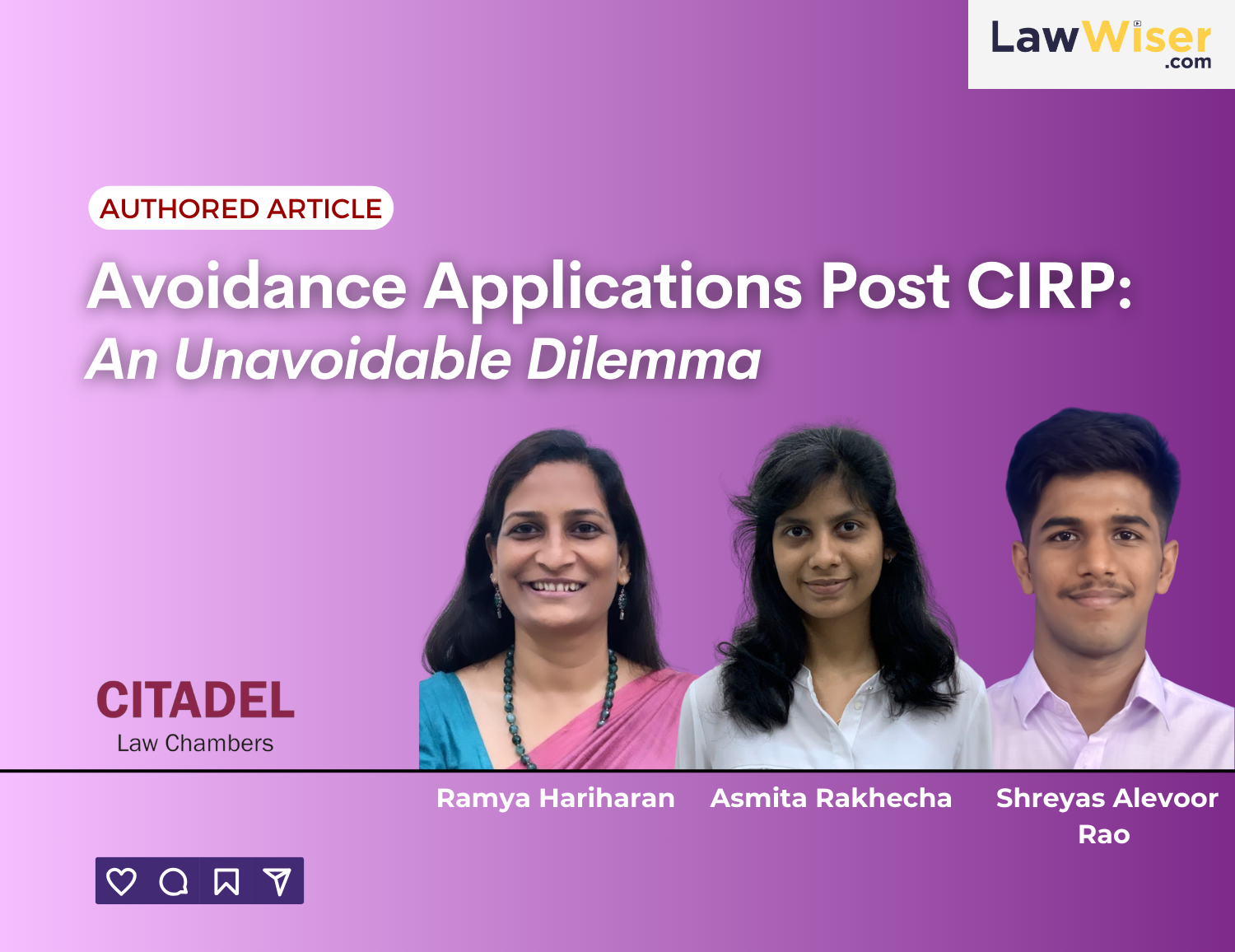An alibi is a defence used by an accused person in criminal proceedings to prove that they were at a different location when the alleged crime was committed. In the Indian legal context, presenting an alibi involves providing evidence or witnesses who can testify that the accused was elsewhere, making it impossible for them to have committed the crime. The concept is rooted in the presumption of innocence, ensuring that no one is wrongfully convicted. The Indian Evidence Act, 1872, addresses the use of an alibi under Sections 103 and 105, which place the burden of proof on the accused to substantiate their claim. Evidence supporting an alibi must be credible and corroborative. If successfully proven, an alibi can lead to acquittal. However, the court scrutinises such claims rigorously to prevent misuse. In landmark judgments, like Binay Kumar Singh v. State of Bihar (1997), the Supreme Court of India emphasised that an alibi must be proved to the satisfaction of the court, and the failure to establish an alibi does not necessarily imply guilt. It remains a critical aspect of the defence strategy in criminal cases, upholding the principle that it is better to let the guilty escape than to punish an innocent.
Don’t have an account? Sign Up
Alibi
 June 8, 2024
June 8, 2024
Most Read
The In House Circle ArticleThe In House Circle Article
In Conversation with GC Hall of Fame – Anand Vardhan of Piramal Enterprises Limited
The In House Circle ArticleThe In House Circle Article
In Conversation with GC Hall of Fame – Swathi Kamath of GKN Automotive
Share
Write a Reply or Comment Cancel reply
CONTINUE READING
TWITTER FEED
- Congratulations to @VivekSoodDelhi for being recognised as ‘Emerging Senior Counsel of the Year’ at #UKILP… https://t.co/oHwBtL5geH
- Wishing you a Merry Christmas and a Happy New Year from all of us at LawWiser!#christmaseve #newyears https://t.co/ax6VOHyUcj
- Watch @AvaniShukla27, Associate- Content & Collaborations, LawWiser to learn about the recent landmark verdict give… https://t.co/OZnf0Z9PJr
- We are delighted to share that our Co-founder @LavanyaBehl1 is featured in the 30 people to watch in the… https://t.co/wmMrtvduKk
- Sanjeev Sachdeva has rejoined Luthra and Luthra Law Offices India Leadership team as Mentor and Partner. Read More… https://t.co/7F1M8p4w23
LINKEDIN FEED
- See you tomorrow at LawWiser Sip & Paint event, Co-hosted by Desai & Diwanji. #legal #law #lawfirm
- Wishing you a Happy Republic Day from all of us at LawWiser! #republicday #constitutionofindia
- Catch a glimpse of the vibrant moments from our previous Sip & Paint event.#legalevents #lawfirm #generalcounsel
- Exploring Essential Business Documents! In our latest video, we delved into crucial documents vital for every business journey: https://lnkd.in/d-vYuDDs
- From shaping ethical business practices to ensuring social justice, law plays a pivotal role in our world. Get ready to explore how legal frameworks empower businesses and create positive societal change.#staytuned #legal #lawforchange #changemakers











 October 9, 2024
October 9, 2024 0 COMMENTS
0 COMMENTS



